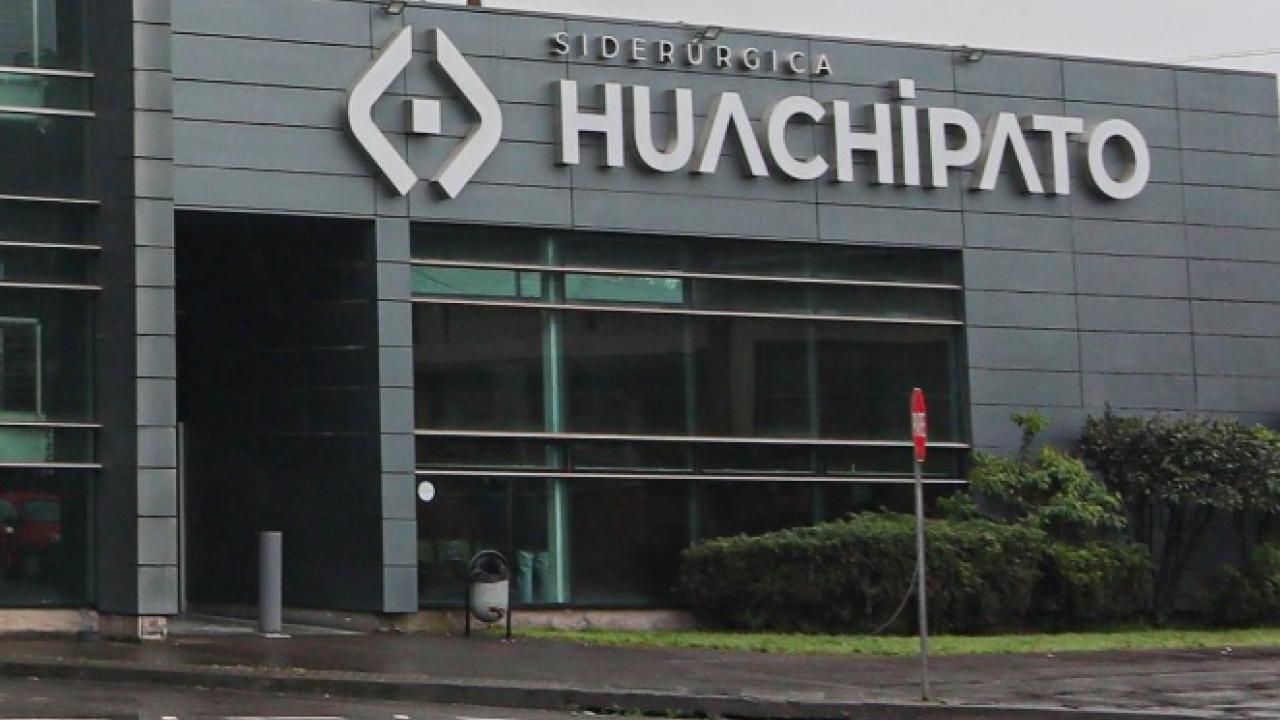
The goal is to provide “a work horizon for the people who worked at Huachipato, beyond any possible departures or agreements they may have with the company, in the process in which we will support them,” said Nicolas Grau.
During his visit to the Bío Bío region, the Minister of Economy, Nicolás Grau, promised that the Government will implement a plan to boost the economy of the area, especially focused on generating employment.
The visit is part of the announcement of the new suspension of operations of the Huachipato Steel Mill, which will lead to massive layoffs, taking into account that both directly and indirectly, some 20 thousand jobs depend on the plant in Bío Bío.
The minister's proposal therefore aims to reduce the effects it would have on employment in Bío Bío.
After meeting with the unions of the Steelworks, Grau said that "we have discussed how to support them as a Government, regarding how to coordinate work with contractors (...) and soon, in the next few days, we will present a plan that is concerned with and has as its horizon the generation of employment, hopefully in manufacturing and of quality."
The objective is to provide “a work horizon for the people who worked at Huachipato, beyond any possible departures or agreements they may have with the company, in the process in which we will support them.”
Grau again pointed out that the decision to paralyze the Cap Group subsidiary responds to "the inability of two companies (Huachipato and Molycop) to agree on what their long-term contractual relationship should be, in order to give continuity to the operation."
"Those of us here, neither the unions nor the government, are responsible for this happening, but we have to sit down and talk and see how we are going to move forward, how we are going to strengthen the production of this region so that they have the capacity to recover these jobs," he added.
Some of the details that the minister hinted at and that would be related to this plan for Bío Bío, aim to "accelerate investments" and strengthen productive sectors, mentioning some such as naval production (Asmar) and fishing.
“We need to discuss it calmly, we need to look at the different alternatives. Of course, an issue of this nature, a crisis of this nature, requires accelerating certain investments in various areas and we have to find out which are those areas in the tripartite conversation; I am referring to the regional and national government, the workers through their union and also the employers,” he concluded in this regard.









